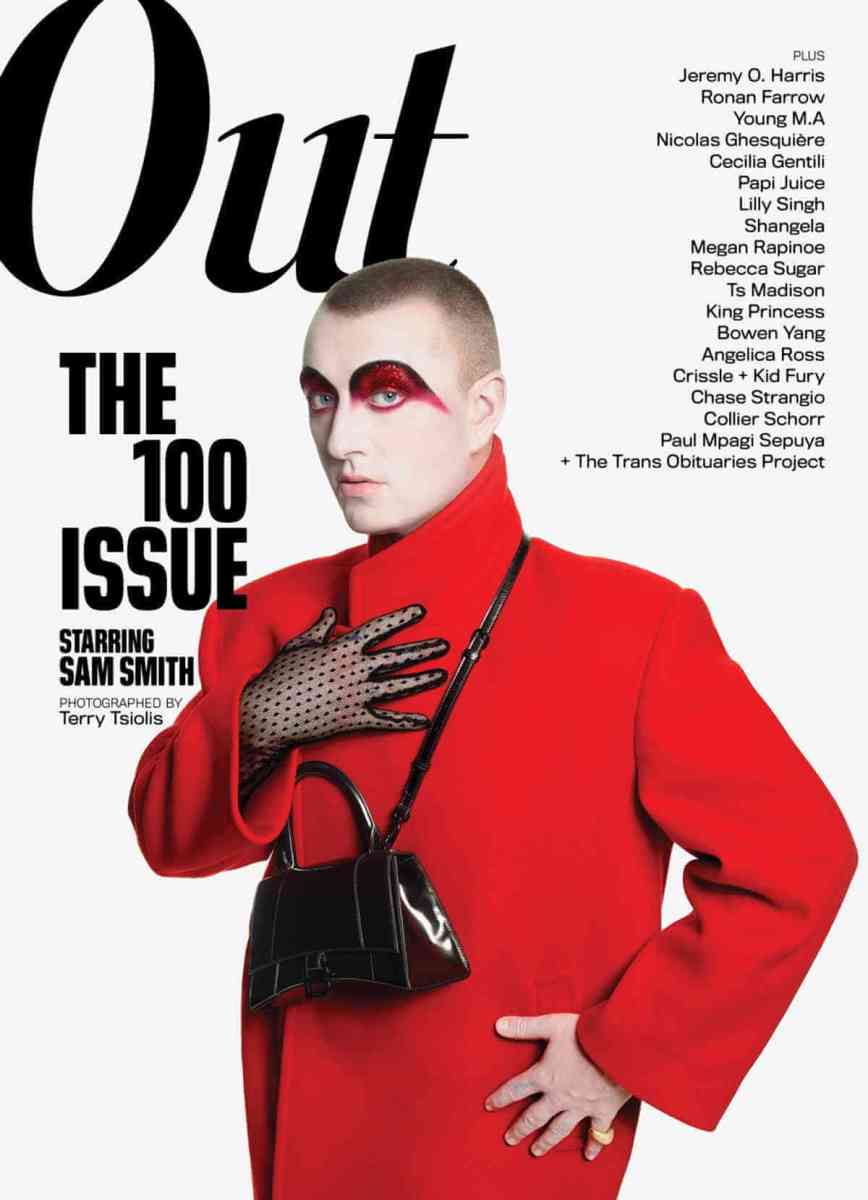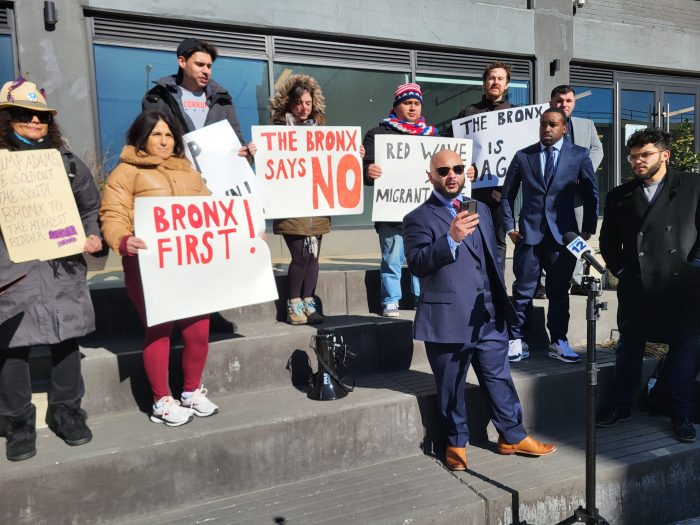In a 1996 story reporting that Michael Goff, the editor-in-chief and an original founder of Out, was leaving the LGBTQ magazine four years after it launched, The New York Times said Out was “one of the most influential and widely read gay and lesbian publications in the nation.”
That was the buzz that Out’s editors and publishers thrived on for years. The magazine wanted to be the gay equivalent of Vanity Fair or Vogue. Out wanted to be seen as a player like Tina Brown’s now-defunct Talk magazine. What that desire ignored is that if gay men want to read about fashion or the lifestyles of the affluent, they read Vanity Fair or Vogue. Even if they were willing to buy yet another lifestyle magazine, never enough of them were buying to make the business model of a gay glossy viable.
Out has been plagued by financial problems since its earliest days. The recent departures of Phillip Picardi, Out’s editor-in-chief, and Zach Stafford, the editor of The Advocate, Out’s sister publication, fueled speculation that Pride Media, the current owner of those two publications and three others, is headed for bankruptcy.
Women’s Wear Daily (WWD) first reported on the Picardi and Stafford resignations. WWD has chronicled the recent financial problems at Pride Media, but those problems are longstanding and, in Out’s case, have troubled the magazine almost since it was founded.
Out had a single backer at the start — Robert Hardman. His family once owned a chain of small newspapers that it sold to The Boston Globe. That sale made Hardman wealthy, but he continued working on the copy desk at the Globe. Over time, he loaned more than $5 million to Out. That debt was an insurmountable burden on Out’s balance sheet.
“The only thing that blocks it from making a substantial amount of money, a profit, is the debt,” Hardman said in 1999. Out had a small profit in 1997. It had a small loss in 1998, and similar results were expected in 1999, according to Hardman.
Henry Scott, who headed the magazine beginning in 1996, stepped down in 1999. While a press release that quoted him and Hardman praised his leadership, Scott said in an email he sent to friends at the time that the magazine had been put up for sale. Liberation Publications, the parent of The Advocate and other publications, bought it in 2000 for an undisclosed sum. That sale was ironic.
In 1998, Scott had hired James Collard as Out’s editor-in-chief. When Collard resigned just over a year later, Scott, in a press release, said Collard had “established Out as the best and most provocative publication in the largely stagnant world of gay and lesbian media.”
Responding to Scott’s jab, Judy Wieder, then the editor-in-chief at The Advocate, noted that Collard had presided over an 11 percent decline in circulation. Following the sale, Out’s editor-in-chief, whoever that would be, would report to her.
Out and The Advocate were now linked. While Out appeared to cut back on the extravagant spending that was evident in its earlier years, that had the effect of reducing the glamor for advertisers and readers. And both publications were being challenged by free content on the web, as was every other publisher, and the ability and willingness of advertisers to reach an LGBTQ audience by means other than the LGBTQ press.
Liberation was the last owner with a background in and a commitment to journalism. The magazines were eventually sold to a series of what economists might call greater fools or buyers who were driven by irrational expectations as opposed to a realistic judgment of the market value of the publications.
In 1995, PlanetOut debuted as “the first comprehensive service geared to the social, entertainment, educational and political interests of a vast and varied community of gay men, lesbians, bisexual and transgender people,” the company’s press release said.
PlanetOut did attract some private funding, but it never achieved the scale to make it attractive to Wall Street over the long haul. The company, though, was able to go public, which it did in 2004 with an initial public offering of 4.7 million shares at $9 per share. The IPO raised $41.8 million on the NASDAQ exchange where it was listed with the LGBT ticker symbol.
That cash allowed PlanetOut to buy Liberation Publications in 2005 “for $24.0 million in cash and approximately $7.1 million in seller-financed debt. PlanetOut will also reimburse certain prepaid and other expenses totaling approximately $1.0 million,” the company said in a press release, which continued, “PlanetOut intends to finance the cash portion of the purchase price with cash on hand.”
Lowell Selvin, then the chairman and chief executive officer of PlanetOut, said in the press release, “This transaction will further advance our strategy of building a far-reaching media and entertainment company which aggregates the largest gay and lesbian media brands. This combination provides a larger, more diverse foundation for additional growth, particularly in our advertising business, as it becomes a larger percentage of our overall revenue, and it enables us to better reach the markets we serve, driving higher growth in a more cost-effective manner.”
Having raised just under $42 million, PlanetOut spent nearly 60 percent of that cash on two magazines, a small book publishing business, and several other publications. It continued to stumble financially, such as buying a cruise booking business for $5.4 million and selling it for $2.1 million 19 months later, according to The Deal, a newsletter. In 2008, PlanetOut was out of money and put itself up for sale. It merged with Regent Entertainment, a film distributor, in 2009.
By 2010, the lawsuits in state, federal, and small claims courts showed that the persistent rumors about the publications or their owners not paying writers and landlords and using copyrighted material without a license were facts. In one 2011 suit, Regent was accused of using a line of credit for expenses that its contract with Merrill Lynch and Bank of America did not allow.
In 2017, Out and The Advocate were purchased by Oreva Capital, a boutique investment firm founded by Adam Levin who also owned High Times, the monthly magazine about marijuana. Press reports indicate that High Times may be headed for bankruptcy.
The bravado continued.
“There is no better bet in media or advertising these days than on passionate, connected communities,” Levin said in a 2017 press release. “We are excited and feel extremely honored to have the opportunity to work with brands such as The Advocate, Out and Pride and realize their next phase of growth.”






